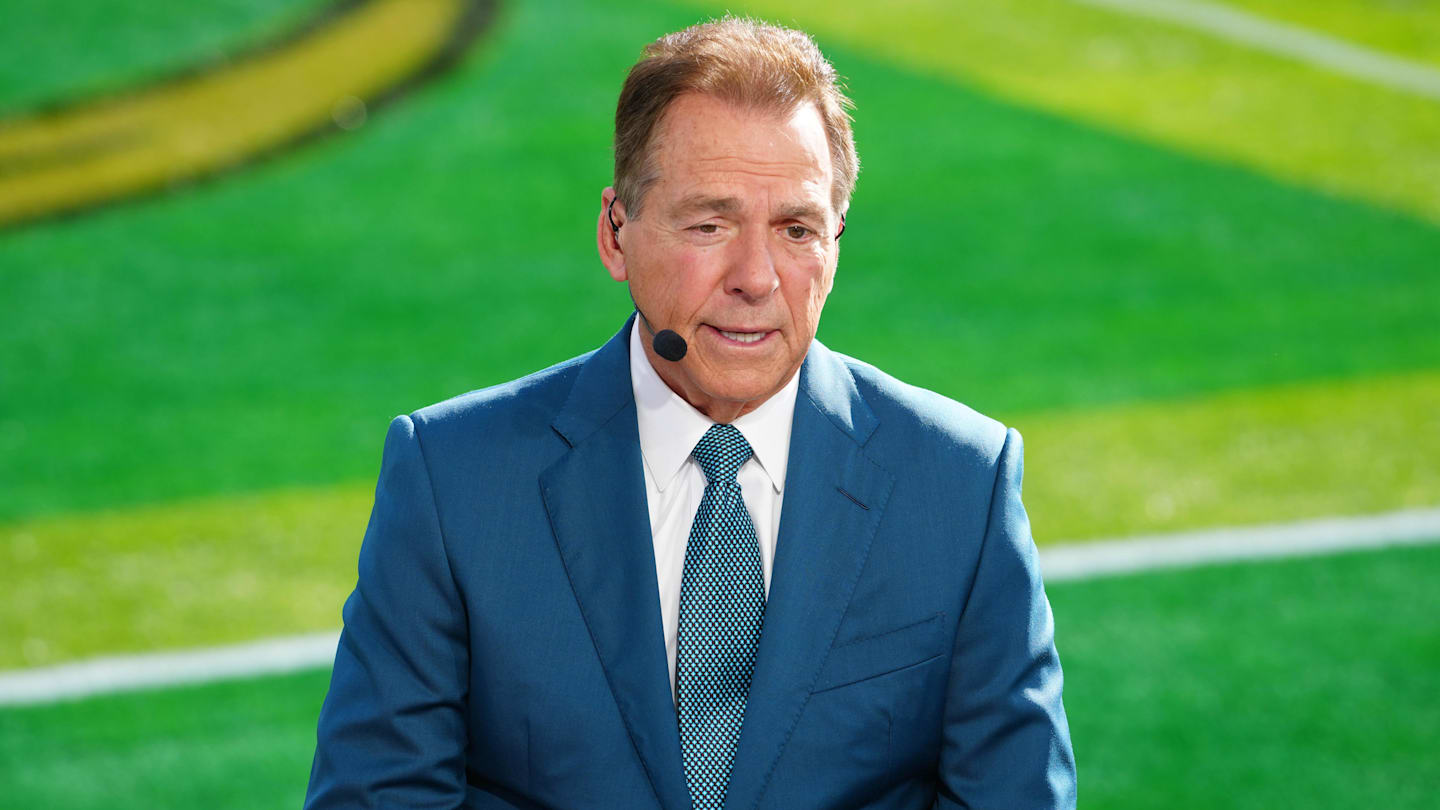I doubt they'd buy it, but that's the basic angle I'd take.That's definitely the counter-argument. Whether a judge would agree, I don't know.
BREAKING NCAA votes to have a single transfer portal period
- Thread starter BamaNation
- Start date
This times infinity!!!If I'm a lawyer arguing against this, I'd make a distinction between transferring for academics is not and should not be put on the same footing as someone transferring for athletic play. I'd then rhetorically ask the court, "Are we now saying that playing a sport is on the same level as academics? Isn't the main point of going to college is to get a higher education? The overwhelming majority of college athletes will never play on a professional level, and the educational aspect of college is to prepare them for life after college and after sports. We cannot start treating sports like it is the same as academics."
And when the restriction of "the ability to make income" argument comes up, I'd point to no restriction at all. They are allowed to make income at the school they are at, and have the option to ask for more from the school, and also have the ability to solicit more potential NIL contracts freely via their agent or themselves in the open market from other businesses/corporations. The "restriction" of the ability to make money that is being put forth is not really a restriction of making money, it's more of a restriction on transferring, under the guise of "restricting the ability to make money". The reality is the players have the opportunity to make as much money as they want in the open market while still being allowed to transfer one time per year. I don't really see any rights being violated.

Nick Saban Chimes in on Transfer Portal Changes
The former Crimson Tide head coach shared his thoughts on the recent changes to the transfer portal for college football.
Problem is, Buzzard, the court these days would probably say “academics” is a moot point.If I'm a lawyer arguing against this, I'd make a distinction between transferring for academics is not and should not be put on the same footing as someone transferring for athletic play. I'd then rhetorically ask the court, "Are we now saying that playing a sport is on the same level as academics? Isn't the main point of going to college is to get a higher education? The overwhelming majority of college athletes will never play on a professional level, and the educational aspect of college is to prepare them for life after college and after sports. We cannot start treating sports like it is the same as academics."
And when the restriction of "the ability to make income" argument comes up, I'd point to no restriction at all. They are allowed to make income at the school they are at, and have the option to ask for more from the school, and also have the ability to solicit more potential NIL contracts freely via their agent or themselves in the open market from other businesses/corporations. The "restriction" of the ability to make money that is being put forth is not really a restriction of making money, it's more of a restriction on transferring, under the guise of "restricting the ability to make money". The reality is the players have the opportunity to make as much money as they want in the open market while still being allowed to transfer one time per year. I don't really see any rights being violated.
Remember the good old days when a player could only get immediate eligibility when they dropped to a lower division or was a graduate transfer to a school “offering a post graduate degree curriculum not currently offered at your present institution”? Now literally no one asks a single question about academic progress, academics standards, “academic” eligibility, etc. of the athlete hopping into the portal. It seems all that matters is the athletic department finds a way for the university to accept them.
Heck, TJ Finley got his undergrad degree at Auburn in Summer of 2023 after two stops- LSU and Auburn- and now is on his fourth stop (Texas State, Western Kentucky, Tulane and Georgia State) as a grad transfer. He’s made more transfers than a New York City bus route. TJ doesn’t necessarily come across as a guy working on the theory of cold fusion in his apartment in his free time. I doubt seriously anyone is asking questions in terms of academics in accepting him in these grad programs.
Buzzard, I’m absolutely with you. But I’m cynical. I haven’t seen anything recently from the courts that give me a bunch of hope.
Last edited:
Latest threads
-
Game Thread: Morning & Afternoon Kickoffs (9/20/25 11a-5p CT)
- Started by BamaNation
- Replies: 162
-
-
Longtime University of Alabama Football Referee Still Helping the Tide Roll at Age 97
- Started by jthomas666
- Replies: 1
-
TideFans.shop - Get your Gear HERE!
Alabama Crimson Tide Car Door Light
Get this and many more items at our TideFans.shop!
Purchases may result in a commission being paid to TideFans.
